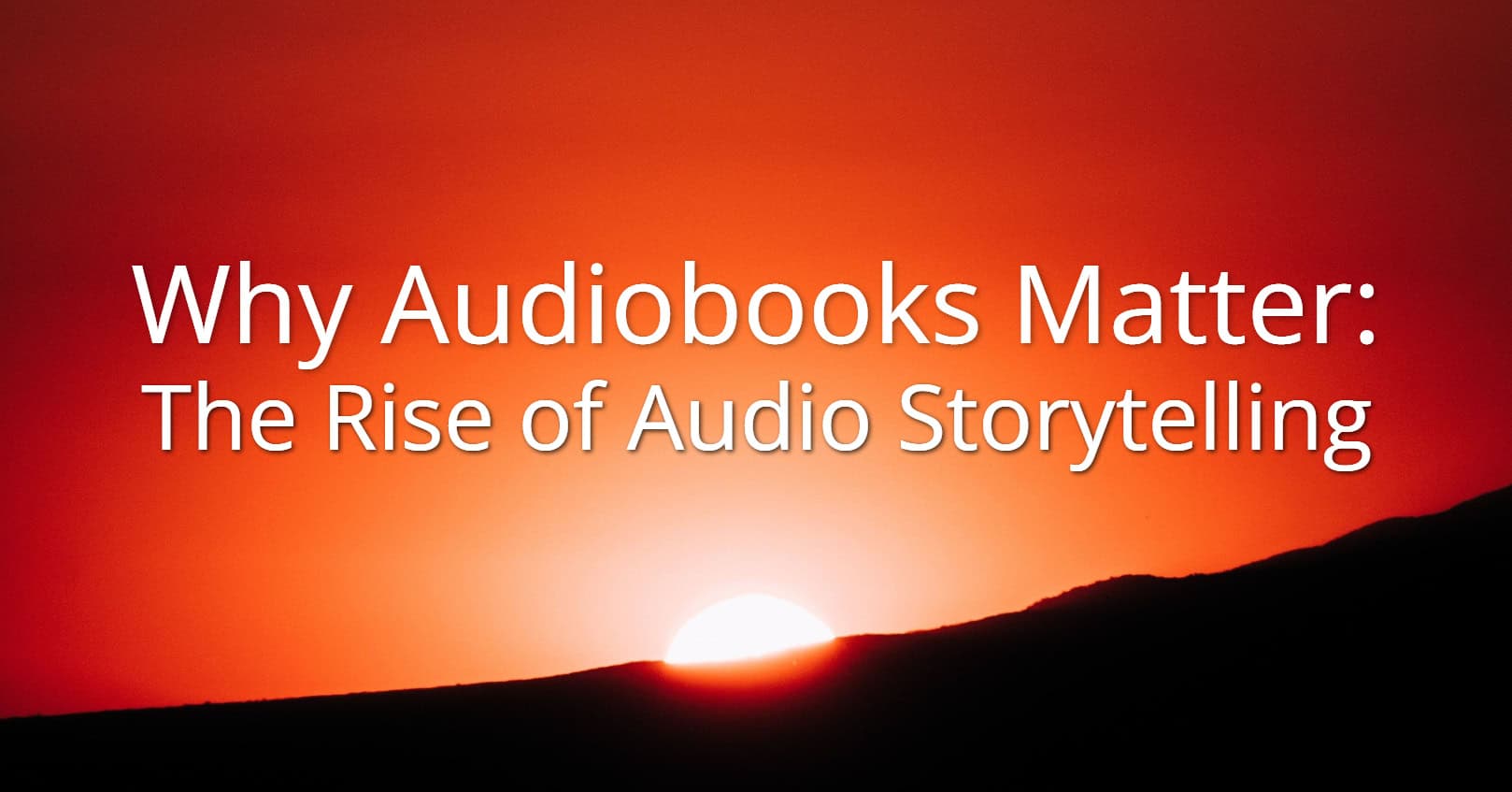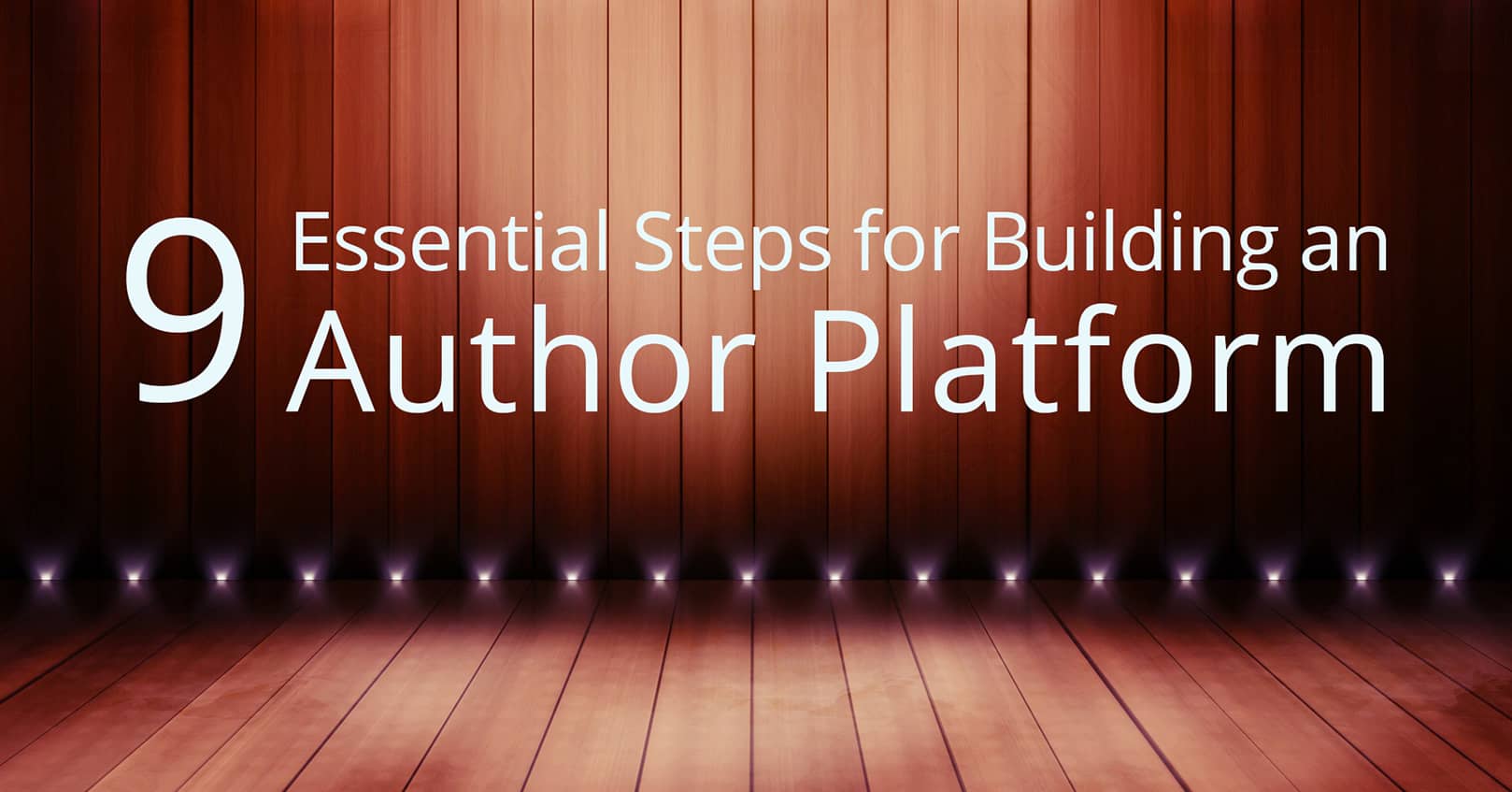
Over the past decade, audiobooks have transitioned from a niche market to a booming industry. The global audiobook market was valued at over $4 billion in 2023 and continues to grow at an impressive rate. But what is driving audiobook popularity? Let’s explore the key factors that make audiobooks an essential medium in modern storytelling.
The Growing Popularity of Audiobooks
The unprecedented growth in the audiobook industry is largely driven by changing consumer habits and technological advancements. Smartphones, smart speakers, and wireless earbuds have made listening more accessible than ever, allowing readers to enjoy stories on the go.
For many, audiobooks offer a level of convenience unmatched by traditional reading formats. Commuters can listen during long drives or crowded train rides, multitaskers can enjoy a story while cooking or exercising, and busy professionals can fit books into their packed schedules. In an age where time is a precious commodity, audiobooks cater to people who value productivity and flexibility.
Additionally, the rising popularity of subscription services like Audible, Scribd, and Audiobooks.com, as well as free options like YouTube, has made it easier than ever for listeners to access thousands of titles at their fingertips, making audio content a preferred medium for many.
The Accessibility Factor
One significant advantage of audiobooks is their ability to make literature accessible to a broader audience. For individuals with visual impairments or reading disabilities like dyslexia, audiobooks provide an invaluable way to enjoy stories and gain knowledge.
Audiobooks also cater to people who might otherwise find traditional reading challenging or time-consuming. Parents with young children, for example, often struggle to find uninterrupted time to sit down with a book. Audiobooks allow these parents to “read” a book while completing other necessary tasks at home or on the playground.
Moreover, the accessibility of audiobooks helps authors and publishers reach global audiences who might never have encountered their works otherwise.
Emotional Connection Through Voice
One of the most compelling aspects of audiobooks is the emotional depth they can bring to a story. A skilled narrator can transform even the simplest of narratives into a riveting experience. Through tone, pace, and vocal expression, narrators breathe life into characters and settings, creating a more immersive experience than text alone.
Consider iconic narrators like Jim Dale, whose voice work in the Harry Potter series captivated millions, or Julia Whelan, known for her emotionally resonant performances in contemporary fiction. These narrators don’t just read words; they interpret and perform them, creating a connection between the listener and the story.
This emotional resonance is particularly powerful in genres like memoirs, where authors often narrate their own stories. Hearing a memoir in the author’s voice adds authenticity and intimacy, making the listener feel as though they’re having a personal conversation with the author.
Expanding the Definition of Literacy
Audiobooks are redefining and expanding the definition of literature. Traditionally, the idea of literacy has focused on the ability to read and write, but listening is increasingly being recognized as a valid and meaningful way to experience all different kinds of writing. Audiobooks challenge the stigma that listening is a lesser form of reading, highlighting instead how audio storytelling can enhance comprehension and retention.
In fact, research suggests that listening to an audiobook can stimulate the same areas of the brain as reading printed text. Audiobook listeners can still learn new vocabulary, understand complex ideas, and analyze themes—just as they do with the printed counterpart.
Audiobook Success Stories
Audiobooks have elevated countless stories to new heights. Consider Andy Weir’s The Martian, which gained significant traction in its audiobook format before becoming a best-selling novel and hit film. Similarly, Where the Crawdads Sing by Delia Owens found a devoted following in its audio version, increasing its reach and impact.
These success stories underscore the growing importance of audiobooks as a vital storytelling platform. They’re not just an alternative to physical books; they’re a transformative experience in their own right.
The Future of Audiobooks
Continuing industry expansion proves that audiobooks aren’t just a passing trend. With future innovations, such as immersive 3D audio and AI-generated narration, audiobooks will likely continue to attract new audiences and offer even more dynamic ways to engage with stories.
For authors, publishers, and creators, this growth presents an incredible opportunity to connect with readers in new and meaningful ways. Embracing audiobooks isn’t just about keeping up with trends; it’s about ensuring that stories remain accessible and impactful in an ever-changing world.
Audiobooks matter because they combine convenience, accessibility, and emotional depth, enriching lives in ways that traditional formats cannot always achieve. As audio storytelling continues to evolve, the connection they offer to readers will only grow stronger. One thing is certain: audiobooks are here to stay.
For more information, check out our blog on audiobook creation.















Comments